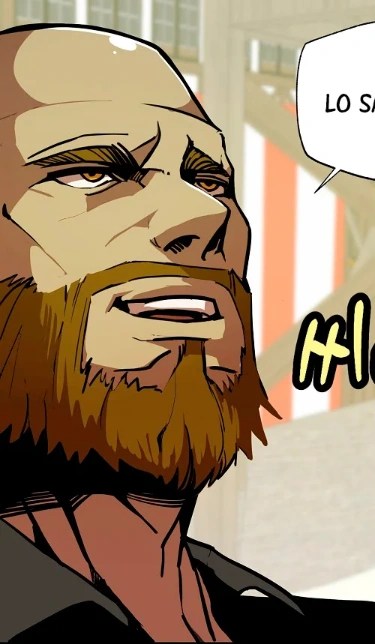The Online Content Paradox: Is Originality Dead?
Is anything truly original anymore? In today's hyper-connected world, information flows freely, making it increasingly difficult to discern unique content from recycled ideas. This phenomenon, which we might call "possessing nothing novel online," presents a complex challenge for creators and consumers alike. We're drowning in a sea of readily available information, leaving us to question the very nature of originality in the digital age.
The internet, once hailed as a democratizing force for knowledge, has become a vast echo chamber. The sheer volume of content available online has led to a perceived scarcity of truly original material. This apparent lack of novelty online stems from the easy accessibility and rapid dissemination of information, creating a cycle of rehashing and repurposing.
This perceived absence of original online content impacts various aspects of our digital lives, from academic research to creative endeavors. Students struggle to produce unique work, artists grapple with accusations of plagiarism, and businesses compete in a marketplace saturated with similar products and services. The constant exposure to existing content makes it challenging to break free from established patterns and generate truly innovative ideas.
The history of this phenomenon is intrinsically linked to the evolution of the internet. As the web grew, so did the ease of copying and sharing information. The rise of social media platforms further amplified this trend, accelerating the spread of content and blurring the lines between original creation and derivative works. The ability to instantly access and share information has inadvertently fostered a culture of repackaging and redistributing content.
Understanding the nuances of this issue requires acknowledging the difference between inspiration and imitation. While drawing inspiration from existing works is a natural part of the creative process, outright copying without attribution crosses the line into plagiarism. The challenge lies in navigating this delicate balance in a digital environment where the boundaries of ownership and originality are often blurred. It's a tightrope walk between leveraging existing knowledge and contributing something genuinely new to the online discourse.
One key challenge is the difficulty in verifying the originality of online content. With the sheer volume of information available, it's practically impossible to track every piece of content and determine its source. This creates a fertile ground for unintentional plagiarism and makes it challenging to protect intellectual property.
Another challenge is the pressure to constantly produce new content. This pressure often leads to the recycling of existing ideas and a decline in the quality and originality of online materials. The demand for fresh content incentivizes quantity over quality, contributing to the cycle of unoriginality.
Despite these challenges, there are also opportunities. The vastness of online information can be a powerful resource for inspiration and learning. By engaging critically with existing content, individuals can develop a deeper understanding of their field and identify areas where they can contribute something new.
A key benefit of navigating this online landscape is the development of critical thinking skills. The ability to discern valuable information from noise is essential in the digital age. By critically evaluating online content, individuals can hone their analytical skills and develop a more discerning eye for quality and originality.
Furthermore, the abundance of information online can facilitate collaboration and knowledge sharing. By building upon existing work, individuals can collectively advance knowledge and contribute to a more vibrant and dynamic online community. The open exchange of ideas can spark innovation and lead to the development of truly novel solutions.
To thrive in this environment, it's essential to cultivate a mindset of continuous learning and critical engagement. By actively seeking out diverse perspectives and challenging existing assumptions, individuals can break free from the cycle of unoriginality and contribute meaningfully to the online conversation.
This journey requires a conscious effort to differentiate between inspiration and imitation. While leveraging existing knowledge is essential, it's crucial to acknowledge sources and contribute original insights. By building upon the work of others with integrity and respect, we can foster a more vibrant and innovative online ecosystem.
In conclusion, the perceived lack of originality online presents both challenges and opportunities. While the ease of access to information can lead to a cycle of rehashing and repurposing, it also provides a vast resource for inspiration and collaboration. By cultivating critical thinking skills, embracing continuous learning, and upholding ethical practices, we can navigate this complex landscape and contribute meaningfully to the ongoing evolution of online content. The key is not to fear the abundance of information but to leverage it as a springboard for creativity and innovation. Let's move beyond mere replication and strive to create a digital world that is both rich in information and genuinely original in its expression.
A sweet celebration crafting the perfect birthday cake for your best friend
Cracking the wordle code mashable hints for may 3rd
The simple joy of cast iron baked eggs














